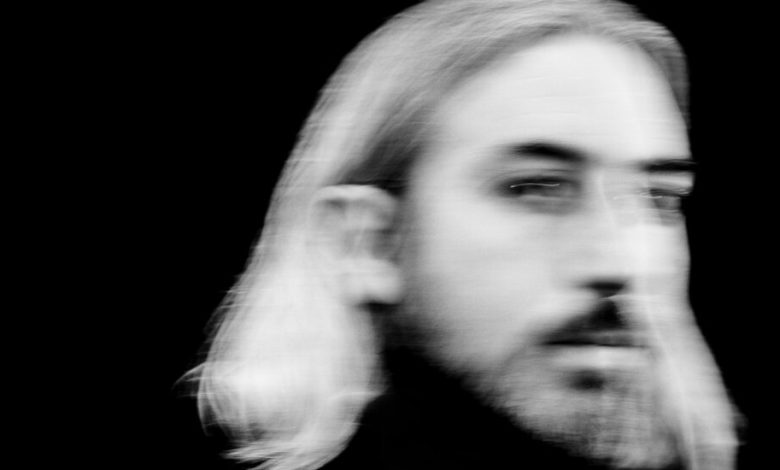Ti West Is Turning Hollywood Into a Horror Show

The Vista is a 101-year-old single-screen movie theater, one of the last of its kind in Los Angeles. A few years ago, midpandemic, Quentin Tarantino bought it, fixed it up, even opened a coffee shop next door and named it after the Pam Grier film “Coffy.” When asked why he bought the Vista or the New Beverly, another single-screen he owns, Tarantino has said: “I’ve got a living room. I want to go to a movie theater.”
A few weeks ago I went to a sold-out double feature at the Vista: the film “X” and its prequel, “Pearl.” Both came out in 2022, both were released by the art-house mainstay A24 and both were directed by Ti West, a filmmaker sometimes compared with Tarantino — not least because both have made movies that are obsessed with the process, history and mythology of moviemaking itself. For Tarantino, that film was “Once Upon a Time in Hollywood,” in which two working actors stumble through the Hollywood of 1969, as one film era crashes into another. For West, it is “X” and “Pearl” and the trilogy’s final film, the newly released “MaXXXine.” These are, like most of West’s films, nominally horror movies. But they are also much stranger and more slippery than that label might suggest. In all three films, the horror stems from the characters’ drive toward stardom and their ruthless, sometimes psychotic ambition, which is fully unleashed by the possibilities of the silver screen.
Martin Scorsese, a fan of West’s, wrote to me that he thought each film in the trilogy represented a “different type of horror, related to different eras in American moviemaking.” The first, “X,” is “the ’70s, the slasher era”; “Pearl” is “’50s melodrama in vivid saturated color; “MaXXXine” is “’80s Hollywood, rancid, desperate.” They are, Scorsese wrote, “three linked stories set within three different moments in movie culture, reflecting back on the greater culture.” By smuggling thoroughly modern ideas into films that were also steeped in the aesthetics of the past, Scorsese thought, West had done something bold and thoroughly cinematic.
That night at the Vista, after “X” played, West sat onstage with the actress Lily Collins, who is in “MaXXXine,” and they talked about the making of the trilogy. Weeks earlier, over breakfast, West had shared with me an idea he was considering for the event: He wanted to surprise the audience by screening the new film instead of “Pearl.” It would be the first time he put “MaXXXine” in front of a real, live, movie-loving audience, as opposed to critics and press and industry types.
The idea delighted West, he explained, because he was always interested in the process of leading an audience to that place where they know something is coming, and they probably have an idea of what it might be, but they find when it arrives that it is not at all what they expected. One of his favorite movie moments that does this is in “Raiders of the Lost Ark,” at the end of the bazaar chase, when the crowd separates and a swordsman steps out. Indy looks at him for a beat, and you think to yourself: This is really exciting — he’s going to have a big battle against that guy with the sword! But instead, Indy simply pulls out his gun and shoots the guy.